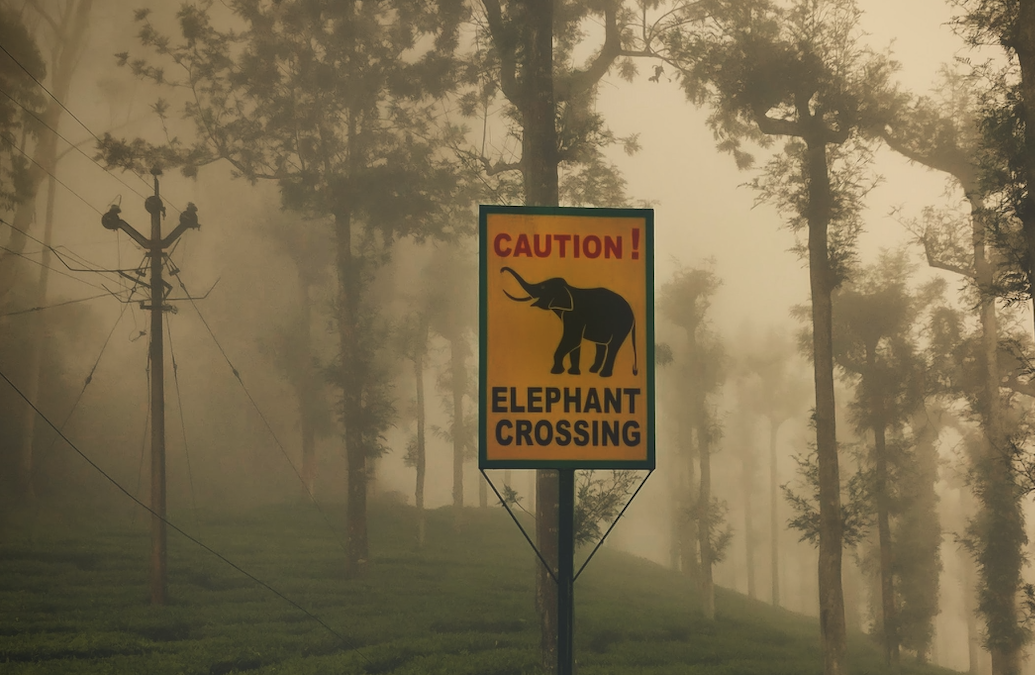A look backwards from the editorial team.
2020 was different for all of us to say the least and only time will tell what this pandemic will mean for our futures – personally and professionally. Science has taken center stage during this year and thus, a lot of issues that were previously only discussed within the community have gained more attention from society. After an eventful year we would like to take a look back at the Elephants in the Lab of the Year.
Before the big elephant entered the room
The year started off without Covid-19 dominating almost everything and so did we. We spoke to René von Schomberg [1], a science and technology studies specialist and philosopher, about Responsible Innovation and its dimension of societal impact. In the interview Schomberg claims that “universities and public research institutes have to be radically adapted” if they want to fulfil the demands of Responsible Research and Innovation.
Building innovative, sustainable and open research infrastructures poses many challenges to the scientific system. The authors of our piece “Challenges in Building Innovative, Sustainable and Open Research Infrastructures” [2] do not only outline those challenges but also offer their perspectives on a way forward.
Covid-19 – the biggest elephant of the year
And then, the corona pandemic hit the world and dominated both the headlines and our professional and daily lives. With science at the centre of attention at an unknown scale we shifted our focus on what Covid meant for the scientific community and what role science plays in this time of crisis.
We took a look at how research can go on during a pandemic [3] and what it means “When your lab is the world but the world is closed down” [4] as well as what the pandemic meant to higher education [5]. Many of the articles depicted the challenges the virus posed to the system. However, our editor Benedikt Fecher took a different approach and outlined while the pandemic could be an opportunity for science if it manages to embrace complexity [6].
One very complex task for science during this year was communication. Science communication played – and is still playing – a crucial role in the fight against the pandemic and thus we looked into both at the current system, its future [7], the role science journalism played as well as the rise of conspiracy theories [8]. One area of science especially challenged by the measures taken to fight the pandemic are museums. With most of them being shut down it caused the community to change their approach to communication, which is outlined in an article by our editor Rebecca Kahn [9].
A new powerful elephant
While the pandemic has not disappeared just yet we still felt that it was necessary to move on and deal with another Elephant in the Lab: Power and Power Abuse in Academia. Haibo Ruan from the Lise Meitner Gesellschaft [10] wrote about the forms of power abuse in science, its gender dimension, and how to address and overcome it while Melissa Laufer and Meta Gorup dealt with what happens when the relationship between doctoral researchers and their supervisors goes wrong [11].
Clearly, the three articles published so far – yes there is a third one which you should definitely check out – do not cover the whole topic and thus, you have guessed right: There will be more. As always, we are welcoming contributions from within the community. Feel free to drop us a line with your idea and maybe next year you will be one of our Elephants in the Lab of the Year.
Until then we are going on a short break – so that you have time to read all of the articles mentioned here – and will be back with more Elephants in the Lab in 2021!

